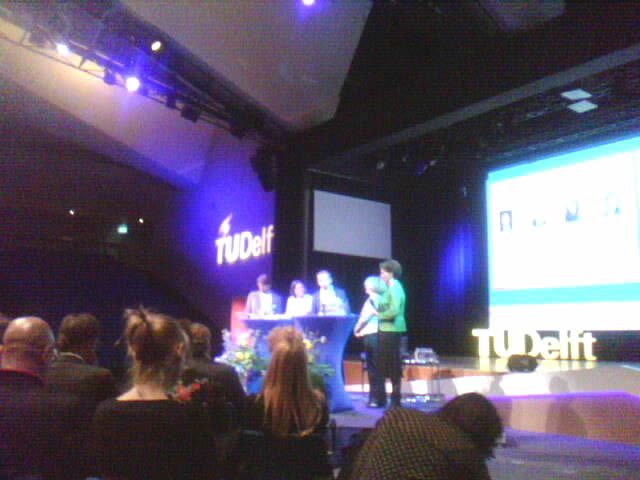The scientific method seeks to explain the complexities of nature in a common, known, and easily replicated way, and to use these explanations to make useful predictions. It provides an objective process to find solutions to problems in a number of scientific and technological fields. Often scientists have a preference for one outcome over another, and scientists are conscientious that it is important that this preference does not bias their interpretation. A strict following of the scientific method attempts to minimize the influence of a scientist's bias on the outcome of an experiment. This can be achieved by correct experimental design, and a thorough peer review of the experimental results as well as conclusions of a study.
Scientists never claim absolute knowledge of nature or the behavior of the subject of the field of study. Certain scientific "facts" are linguistic (such as the fact that humans are mammals), but these are true only by definition, and they reflect only truths relative to agreed convention. These deductive facts may be absolute, but they only say something about human language and expression, but not about the external world. This part of science is like mathematics.
Another part of science is inductive, and attempts to say something about the external world which is not true by definition, but can be shown to be true in specific instances by experiment or observation. Unlike a mathematical proof, a scientific theory which makes statements about nature in an inductive way, is always open to falsification, if new evidence is presented. Even the most basic and fundamental theories may turn out to be imperfect if new observations are inconsistent with them. Critical to this process is making every relevant aspect of research publicly available, which permits peer review of published results, and also allows ongoing review and repeating of experiments and observations by multiple researchers operating independently of one another. Only by fulfilling these expectations can it be determined how reliable the experimental results are for potential use by others. As example for this look the repository of the personal papers of the great scientist, humanist and Jew, Albert Einstein.
Isaac Newton's Newtonian law of gravitationa famous example of an established law that was later found not to be universal - it does not hold in experiments involving motion at speeds close to the speed of light or in close proximity of strong gravitational fields. Outside these conditions, Newton's Laws remain an excellent model of motion and gravity. Since general relativity accounts for all the same phenomena that Newton's Laws do and more, general relativity is now regarded as a better theory.
 |
 |
14 May 2014, an European election debate in TU Delft about more attention for technical science in Europe. (Candidate) MP's and representatives of technical science discussed on the basis of the themes 'To an innovation Union', 'The European knowledge economy' and 'Green economic growth'.
The EU seeks and competetive knowledge-based economy. Tackling cross-border issues as climate change and energy, is of paramount importance. New technology and products are of vital importance. Therefore, the EU encourages education, research and innovation with ambitious programs such as Erasmus+ and Horizon 2020. What is the influence of the universities, science and student organizations in European decision-making that affects students and researchers? What are the consequences of European regulations for academia? What ambitions does science? What opportunities and challenges lie ahead for students and young entrepreneurs in Europe? Addressed was ERC (European Research Council), level of engineering in Europe, the Bologna Process, OECD reviews, student mobility, importance of Europe and of European cooperation, financial aspects and feasibility to come to 1 European energy policy. |




